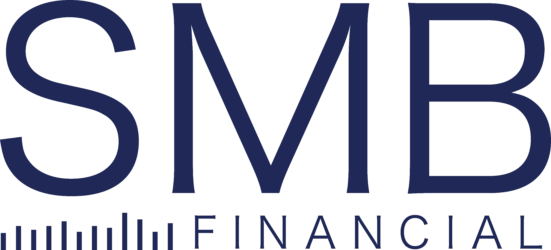October 12, 2015
Iraqi Dinar Scam
Washington State’s Department of Financial Institutions posted a webpage back in 2011 warning consumers of an Iraqi currency fraud. Why talk about this now? Recently we’ve had personal knowledge of several investors planning retirement who’ve been defrauded by this not-so-new scam.
The desire to make up for late retirement income planning has apparently led some to throw caution to the wind. Desperate investors grasp for straws without seeking advice, and risk most or all of their savings in this retire-rich scheme.
Here’s the pitch of the scam promoters: the Iraqi Dinar, the official currency of Iraq, lost much of its value due to Saddam Hussein’s invasion of Kuwait, the resulting war in Iraq, and United Nations sanctions. The currency exchange services imply that Iraq will have a huge financial recovery resulting in a “revaluation” of Iraqi Dinar. One Dinar seller’s website says: “Iraq is a country that is very rich in oil, natural gas, minerals, and has a very rich culture and history…Iraq is producing over 4 million barrels a day of oil, which is larger than its neighbor Iran.” Online chat rooms on this topic are full of anonymous conversations alluding to future oil-rich Iraqi prosperity and inside knowledge of imminent plans of the Bank of Iraq to revalue the Dinar upward.
You should know that:
- The Iraqi Dinar is not openly traded on global currency markets and “can be redeemed only in Iraq.” “Since no exchange exists for the Iraqi Dinar, dealers can charge whatever they want to sell and buy back the Dinars.” *
- The currency exchange services say that they are a “currency dealer registered with the U.S. Department of Treasury as a money services business.” Washington State’s DFI says: “that registration is nothing more than a form they file; it does not reflect any experience in trading currency nor entail any qualifications on the part of the dealer…The reason dealers seek this registration is to lend legitimacy to their scam and avoid more stringent regulation.”*
- “Most of these websites are operating illegally in Washington State, without a currency exchange or money transmission license issued by the Washington State Department of Financial Institutions.”*
Three recent cases we know of illustrate the scam: an upper-seventies retired lady on oxygen proudly claims, “I invest in Dinars;” a mid-fifties single mom takes her savings of $4,000 and tells us she is expecting to get a return of $40 million dollars; a retired state employee takes $300,000 in PERS as a lump sum, along with another $200,000 from a home equity loan, and buys Dinars on a “friend’s” advice.
In our opinion a state-issued lottery ticket has more legitimacy than a Dinar revaluation dream. But, neither of those is a sane plan for providing income for the “golden years.” Our retirement income philosophy is both conservative and boring. It stems from the age-old fable of The Goose and the Golden Eggs. Retirees can live off the golden eggs of dividends and interest their savings goose provides. And, if the goose is not abused by taking off wings and legs (spending principal) the income should last as long as they do.
*Washington State Department of Financial Institutions: www.dfi.wa.gov/ [emphasis ours]
